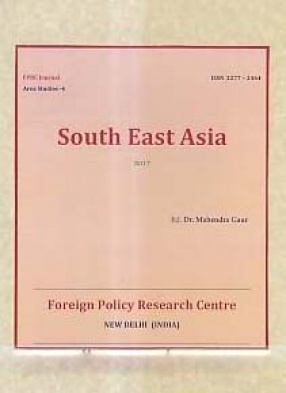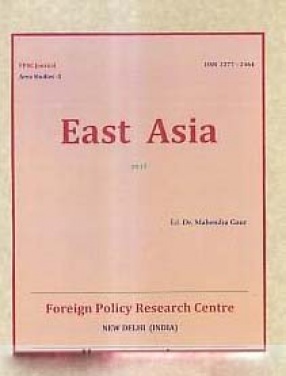The rural people, especially tribals and forest dwellers who have been living in the forest since time immemorial, have come to be erroneously looked upon as encroachers of forest lands. As an analyst put it, it would be more accurate to say that the "forest" is encroaching on their traditional rights. The government also recognized the historical injustice done to tribal and forest-dwelling communities whose rights were not verified or recorded during consolidation of the forests. The burning human problem of non-recognition of tribal rights over land with its origin in faulty implementation of legal provisions in pre-independent India, and the same remaining unresolved even after independence, has continued to attract public attention. The scheduled tribes and other traditional Forest Dwellers (Recognition of Forest Rights) Bill, 2006 was passed in both houses of Parliament in December 2006 and a committee to draft rules was formed in March 2007. The draft rules were submitted in May 2007 and posted on a website for public comments on June 19. It was expected that the rules would be finalized soon and the Act subsequently notified. However, almost a year after it was passed by the parliament, the government, after a lot of hectic lobbying, political interventions and bureaucratic twists, notified the rules of scheduled tribes and other Traditional Forest Dwellers (Recognition of forest rights) Act, to come into force on January 01, 2008. Reacting immediately, tribal groups condemned the drastic changes in rules (compared to the draft version that was put out for public comment) while the wildlife lobby seemed relieved about some dilution of the final version of the rules. The act is expected to benefit 10 million forest dwellers across 17 states and maintain the balance between the "tribals" and "tigers".
Europe
$189.90
$211.00








There are no reviews yet.